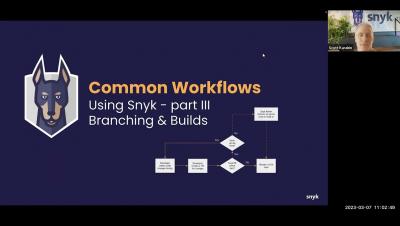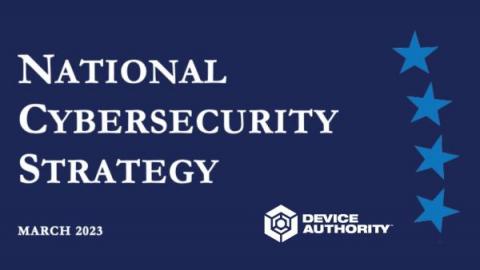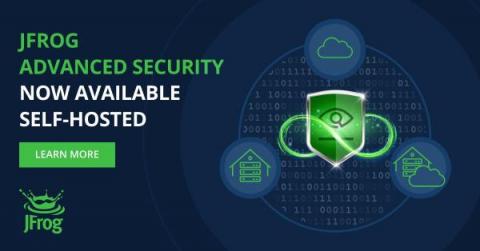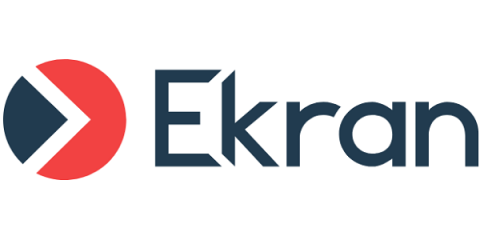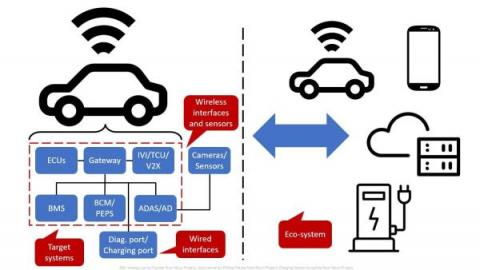Security | Threat Detection | Cyberattacks | DevSecOps | Compliance
Security
Snyk Workflows - Builds & Branching
An assessment of ransomware distribution on darknet markets
Ransomware is a form of malicious software (malware) that restricts access to computer files, systems, or networks until a ransom is paid. In essence, an offender creates or purchases ransomware, then uses it to infect the target system. Ransomware is distributed in several ways including, but not limited to, malicious website links, infected USB drives, and phishing emails. Once infected, the offender encrypts the device and demands payment for the decryption key.
Updating Software Agents: A Key Cyber Hygiene Practice for All MSPs
As managed service providers (MSPs) at the helm of keeping organizations secure, taking proactive steps toward cyber hygiene is more vital now than ever. Maintaining an up-to-date and healthy environment is impossible without regularly updating software agents. Updating these tools improves operational efficiency, reduces IT ticket volume, and defends against known or potential new vulnerabilities in your clients' systems.
API Email Security Weaknesses
Overall, while API email security services can provide a valuable layer of protection against email-based threats, they are not foolproof and can have limitations and weaknesses. It is important to consider these weaknesses when selecting and configuring an API email security service.
How to identify spam email? What to do with suspicious emails?
Spam email is a type of email that is sent in bulk for commercial advertising or phishing. Email scams are also a spam email, where scammers try to trick you into revealing personal information or giving them money. It can be easy to identify spam and phishing scam emails if you know what to look for in fake emails.
White House Backs Automation of Device Security in Latest Cybersecurity Strategy Announcement.
The most recent White House announcement detailing the US National Cybersecurity Strategy puts forth some important priority objectives.
Advanced DevOps Security With Development Flexibility
Announcing the general availability of JFrog Xray’s advanced security features in self-hosted subscriptions, organizations have the flexibility to manage and secure their software development pipelines in-house and in the cloud.



